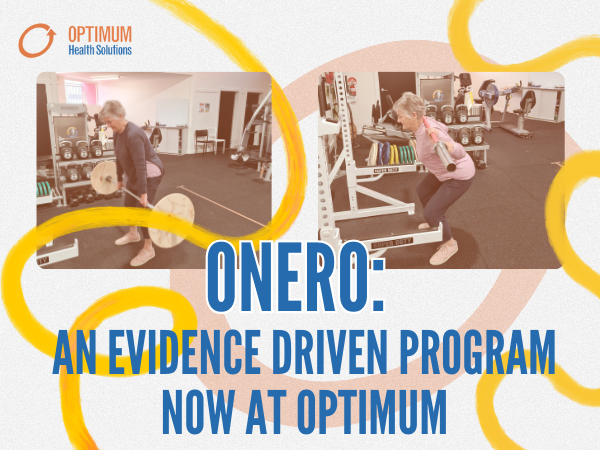Fats are one of our major food groups which are essential for good health but the public perception seems to be continually changing over whether they are good or bad. Some people avoid fats like the plague while others such as some modern food bloggers are telling us to eat more fat. Even dietary guidelines around fat consumption have evolved with new evidence so it can be extremely confusing for the everyday person to decide whether fats are good or bad. The confusing thing about fats is that they can be both! Certain types of fats can be beneficial to your health while others can be detrimental so today we are going to discuss which is which, and how you can use fats to your advantage.
So first of all what are the main differences in the fats we have in our diets. The majority of fats cans be divided in to 3 groups: Saturated, Mono-Unsaturated and Poly-Unsaturated. These names refer to the chemical structure of the fats, but that isn’t particularly important.
What is important is that Saturated = Bad and Unsaturated = Good; and here’s why.
SATURATED FATS
Saturated fats are those which are solid at room temperature. These fats promote an increase in LDL (bad) cholesterol, contribute to plaque formation and hardening of arteries which combine to cause an increased risk of blood clots and hypertension leading to stroke or heart attack.
FOOD SOURCES: Saturated fats are found primarily in Meat products (especially processed meats, fatty red meat and chicken skim), full fat milk cheese or yogurt, cream, butter, ghee, fried foods, processed foods (chips, biscuits, chocolates), baked goods or pastries and controversially coconut oil, coconut milk and coconut cream.
USAGE RECOMMENDATIONS: No need to cut these out completely, but try to use them as infrequently as possible. The less you can consume them the better!
MONOUNSATURATED FATS
Mono-unsaturated fats are those which are liquid at room temperature and generally come from more natural sources. These fats had a duel benefit in that they both reduce LDL (bad) cholesterol levels and increase HDL (good) Cholesterol levels. These products also include Omega 3 fatty acids which are beneficial for brain and joint functioning.
FOOD SOURCES: Mono-unsaturated fats are found in oily fish such as Salmon, tuna, Sardines or Mackeral, Seeds and seed oils (sunflower, sesame, flax, linseed), walnuts and soybeans.
USAGE RECOMMENDATIONS: For the oily fish, try to include these in your diet at least 2-3x per week. Everything else can be used on a daily basis!
POLYUNSATURATED FATS
Polyunsaturated fats are also liquid at room temperature, and are found only in plant foods. These also help to reduce LDL (bad) cholesterol but do not increase HDL as in the mono-unsaturated varieties.
FOOD SOURCES: Olives and olive oil, Canola, Avocado, Almonds, Peanuts, Cashews.
USAGE RECOMMENDATIONS: Oils can also be used on a daily basis, however, olive oil is best used for cold dishes rather than in dishes requiring high temperatures. Things like Avocado and nuts should be consumed regularly but in controlled amounts as although these are good fats, it is easy to have too much of a good thing! For avocado, an ideal portion would be about ¼ per day, while for nuts you should aim for 25g of unsalted nuts per day.
If you are interested in booking in a specialised dietetics consultation with Optimum Health Solutions, then contact us on (02) 8599 6275.








